POLITICS
ZAMBIA – Opponent Hakainde Hichilema wins presidential election
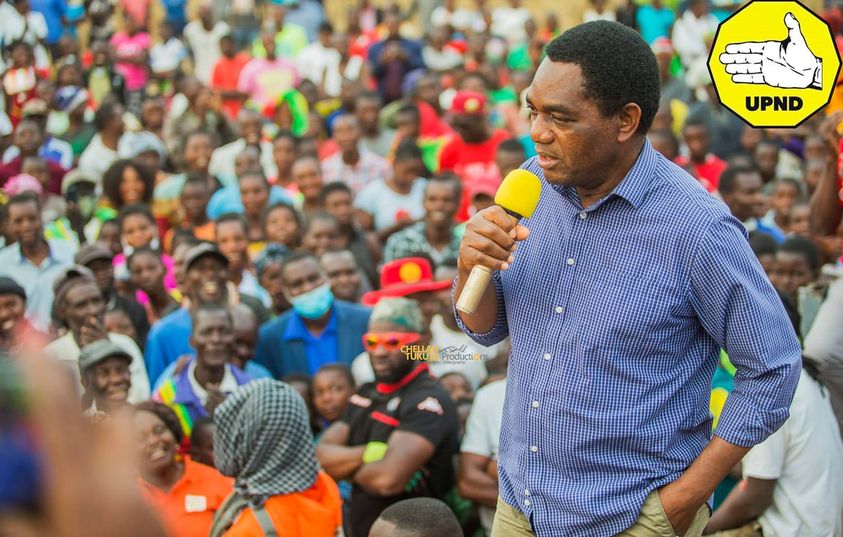
The Zambian Electoral Commission announced this Monday, August 16, 2021 that the opponent Hakainde Hichilema, 59, has largely won the presidential election against outgoing Edgar Lungu 64. Thousands of people, dressed in red, the colour of the United Party for National Development (UNPD), were in the streets of Lusaka, the capital, to celebrate the victory even before the final results. The outgoing president challenged the results in three provinces.
“I declare Hakainde Hichilema president-elect of the Republic of Zambia on August 16,” Commission Chair Esau Chulu said at approximately 2:30 a.m. in front of the press. A large victory for the Zambian opponent who counted 2.8 million votes, or almost one million more votes validly cast.
A victory widely celebrated in the streets of the capital with horns, music and a strong atmosphere. It was the third time that the opponent Hichilema faced Edgar Lungu in the ballot box. In 2016, it lost with only 100,000 votes difference.
The outgoing president, a candidate for his own succession, strongly contested the results, believing that the election did not go well in three heavily populated provinces of Copperbelt where the head of state had even ordered a military reinforcement the day after the election.
However, former Sierra Leonean President Ernest Bai Koroma, head of African Union observers, said he was generally satisfied with the way the presidential election was organised. In general, the voting day operations were conducted in a peaceful, transparent and professional manner,’ he said.
POLITICS
SENEGAL – Harassment, food tampering, communication ban: the Diomaye Coalition President alert on the conditions of detention of his candidate
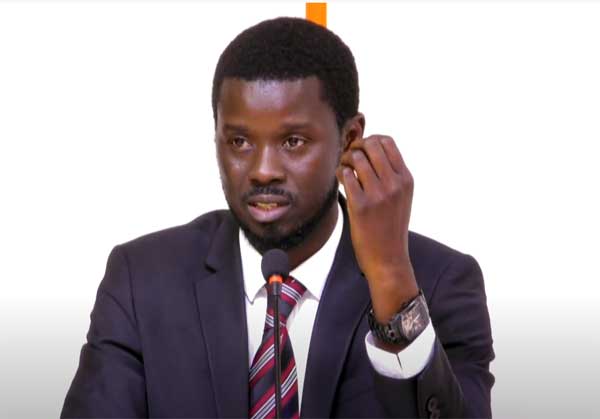
The Diomaye Coalition President warns about the conditions of detention of candidate Bassirou Diomaye Faye. The members of the said coalition inform that his visiting days have been changed and he can only receive visits on Tuesdays and Wednesdays within the Court. He is also prohibited from telephone communications. The Diomaye Président coalition denounces this relentlessness against its candidate and holds the regime responsible for any attack on the physical or moral integrity of their candidate.
“Following the official launch of the Diomaye President Coalition and the massive adhesions of opposition leaders, it was expected that the government in power would reinstate the candidate Bassirou Diomaye Faye in his rights, particularly in the context of a presidential election of which he is undoubtedly the favourite,” reads a statement.
However, the Coalition announces that the Prison Administration, under the responsibility of the Minister of Justice, has decided to unilaterally and without justification tighten the conditions of detention of candidate Bassirou Diomaye FAYE by:
“A unilateral modification of his visiting days now, the candidate Bassirou Diomaye Faye can only receive visits on Tuesdays and Wednesdays, and this within the Court itself. A ban on telephone communications under the pretext that the favorite candidate in the presidential election whose campaign begins in two days has conversations whose purpose is political. A continuous harassment of the room of the candidate Bassirou Diomaye Faye is now searched at every turn.”
Moreover, she notes a «lack of security measures despite her status as a candidate in the presidential election of February 25, 2024 and multiple alerts on probable alterations of the food served to her. Candidate Bassirou Diomaye Faye no longer has breakfast.”
The Diomaye President coalition denounces this relentlessness against its candidate. “We strongly denounce this umpteenth violation of the principle of equality between candidates in the presidential election of February 25, 2024. We call for the immediate release of Bassirou Diomaye Faye to actively participate in the election campaign.”
In any case, she stresses, «the State of Senegal has the responsibility to ensure its protection if it unjustly decides to maintain it in the bonds of detention».
In short, the Diomaye Coalition President indicates that «Macky Sall, Aissata Tall Sall and Amadou Ba will be held responsible for any attack on the physical or moral integrity of the candidate Bassirou Diomaye Faye».
Source : PressAfrik
POLITICS
SENEGAL – 100.000 Housing: Ismaila Madior Fall á Bambilor for the inauguration
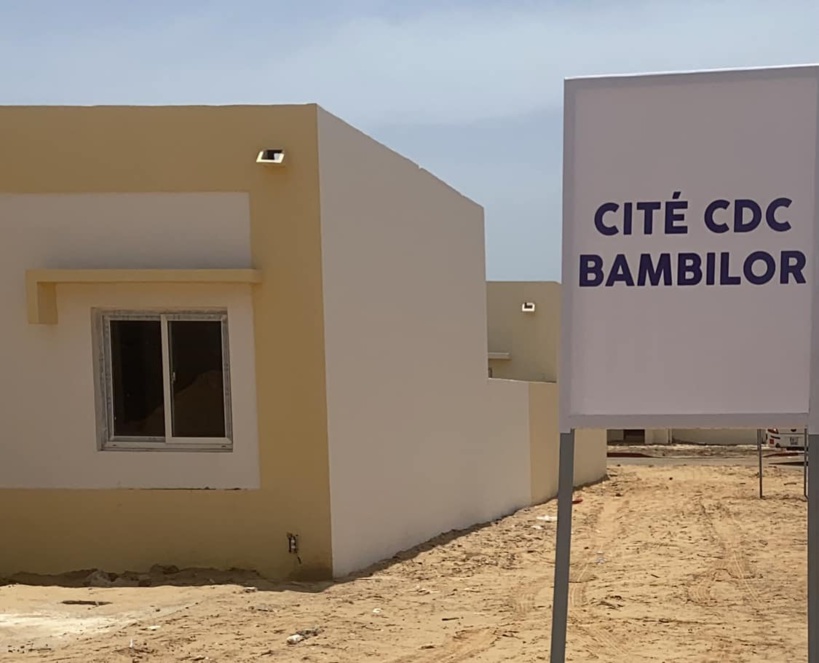
This Friday, the Minister of Foreign Affairs and Senegalese from outside, Ismaila Madior Fall, accompanied by Minister Annette Ndiaye Seck, will inaugurate the “City of the Diaspora” in Bambilor. This project aims to prevent the creation of new slums and encourage the mass production of accessible housing.
According to the Observer, the aim is to boost and diversify the supply of housing for low-income and/or irregular households, while facilitating access to adapted bank financing. With a clear vision of strengthening the construction ecosystem, this initiative demonstrates the commitment of the Senegalese government to its diaspora.
The 100,000 units planned in this project were developed in partnership with the Senegalese government and its collaborators, seeking to meet the specific housing needs and concerns of Senegalese living abroad.
Source: PressAfrik
POLITICS
SENEGAL – Thione Niang “I have no program, I have a vision”
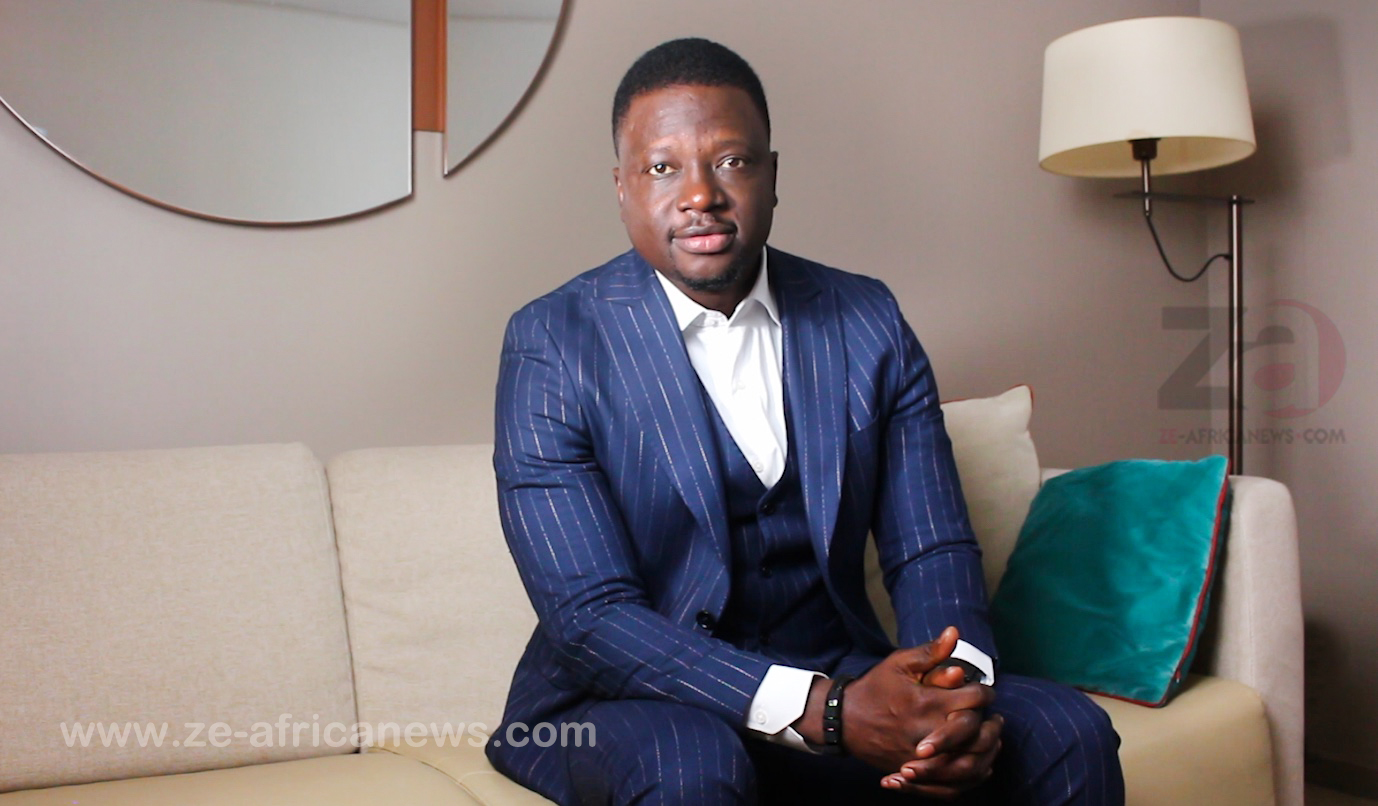
Social entrepreneur Thione Niang is a candidate in the February 2024 election. In this exclusive interview, he reveals his vision, his projects in particular, “Give One project”, “JeufZone” which includes an agricultural component, training but also women’s empowerment.
It was an opportunity for the social entrepreneur to look back on his beginnings, on the process of returning to his country of origin, Senegal. He addressed the political question: his involvement in the political ring while giving his opinion on the Senegalese political landscape.
African politics is another aspect of this interview. The urgency of the industrialization of the continent, the urgency of helping African youth so that they have the same opportunities for development as other young people in the world, is close to his heart.
On the question of the African school, Thione Niang proposes a redesign of it, starting with a paradigm shift and especially the content of the teachings. According to him, we must return to our fundamentals, namely our own models of identity representations, notably Cheikh Anta Diop or Nkrumah.
Thione Niang, also told us about vision, his vision and not a program, to give each Senegalese what he deserves both in terms of education, health, but also on the development of infrastructure, which, according to him, necessarily passes first and foremost through food self-sufficiency, hence his return to the land for an assertive agricultural progress.
He ended up sending a strong message to all Senegalese.
The rest of the interview on this link:
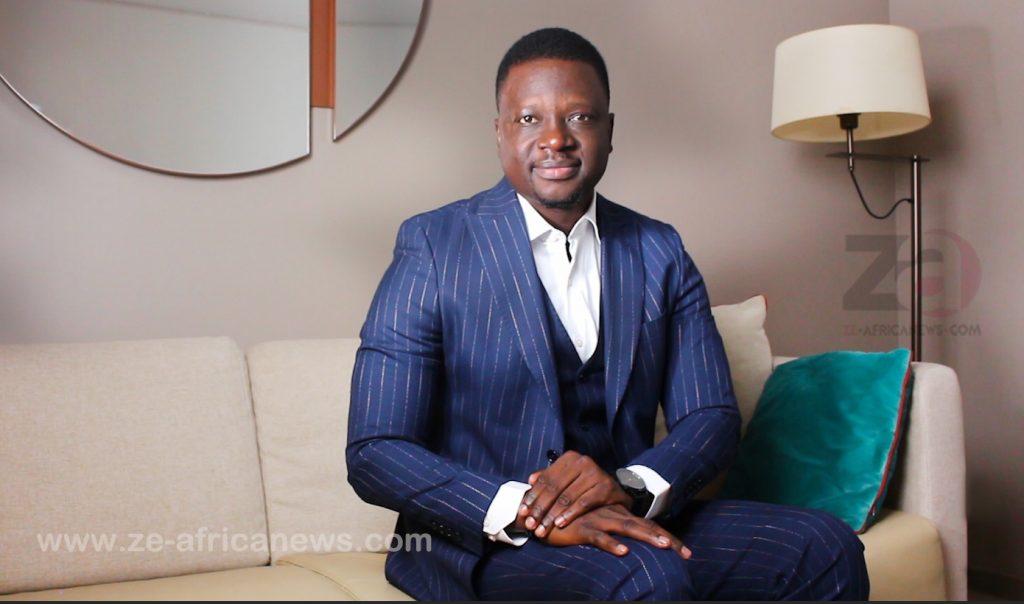
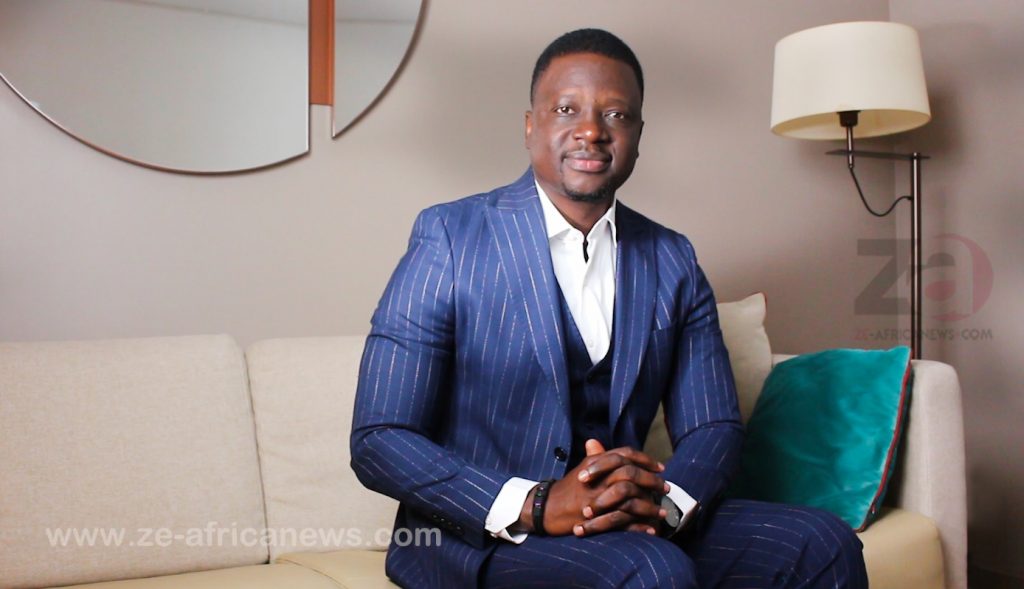
-

 EAST AFRICA1 year .
EAST AFRICA1 year .TANZANIA – President meets with Chairman of the Board and CEO of the Merck Foundation
-
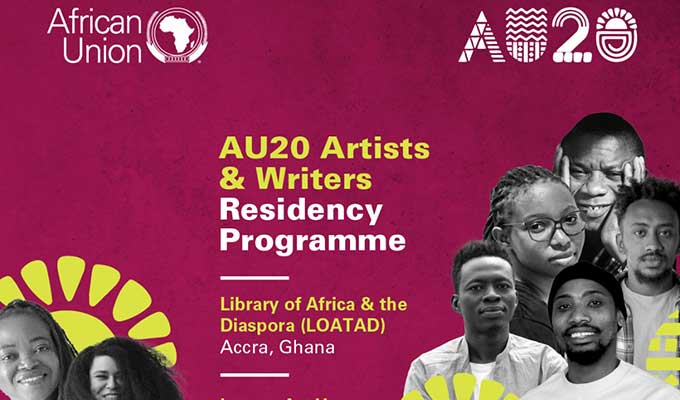
 CULTURE1 year .
CULTURE1 year .AFRICA – African writers and artists celebrate the 20th anniversary of the African Union
-
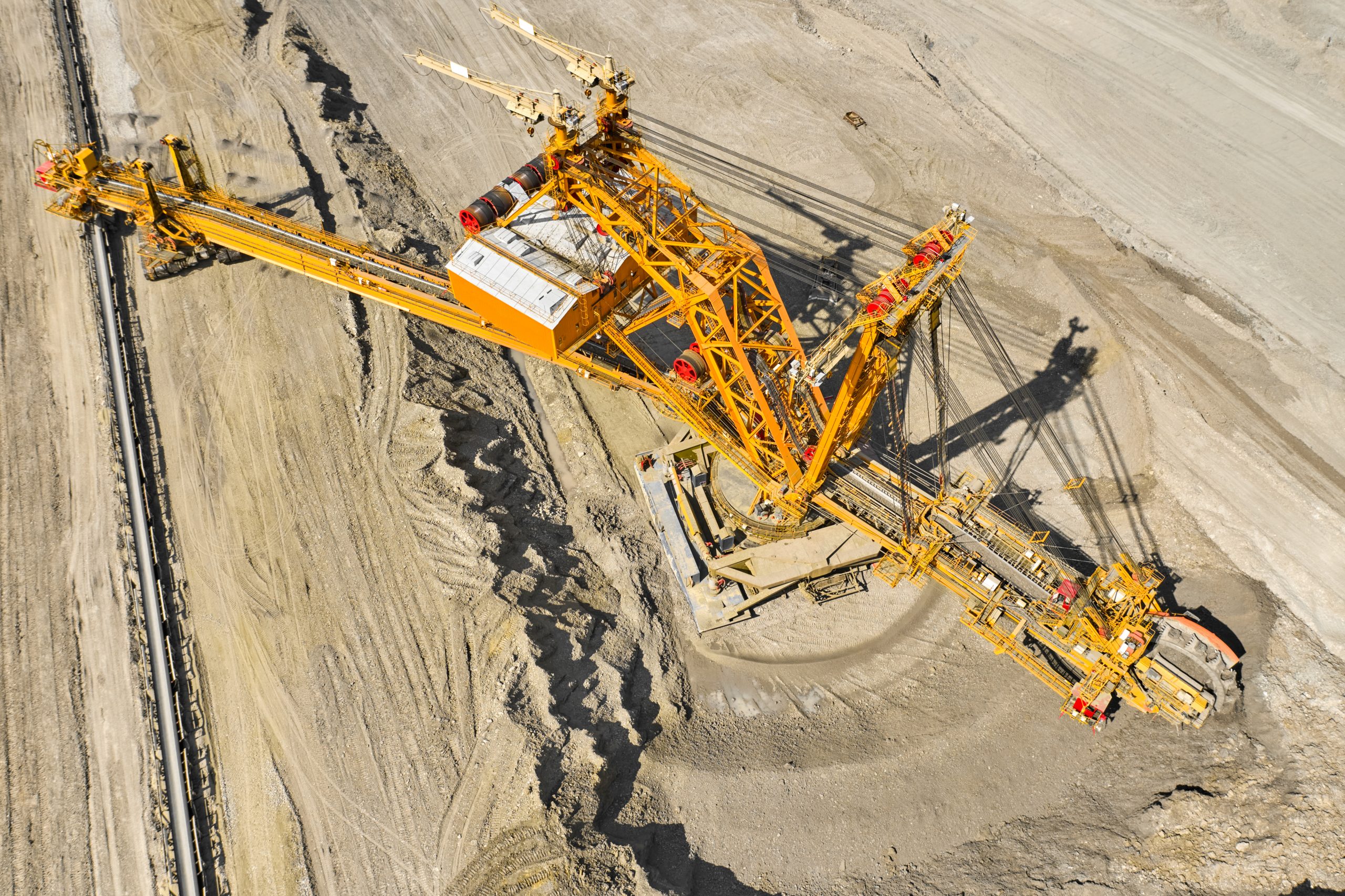
 BUSINESS8 months .
BUSINESS8 months .GUINEA – Authorities demand repatriation of mining revenues
-

 CULTURE1 year .
CULTURE1 year .SENEGAL – Massamba Guèye wants to democratize the story
-
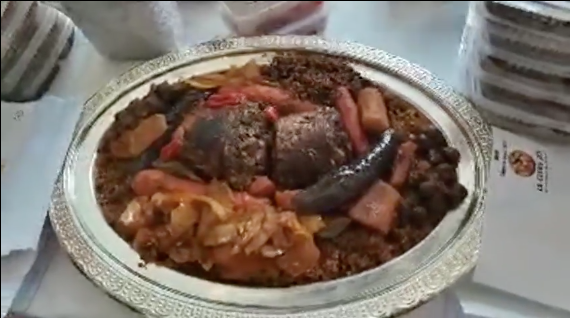
 CULTURE2 years .
CULTURE2 years .SENEGAL – Thiéboujeun inscribed on the World Heritage Site
-

 CULTURE3 years .
CULTURE3 years .SENEGAL – “Sadik Lady” by Viviane Chidid
-
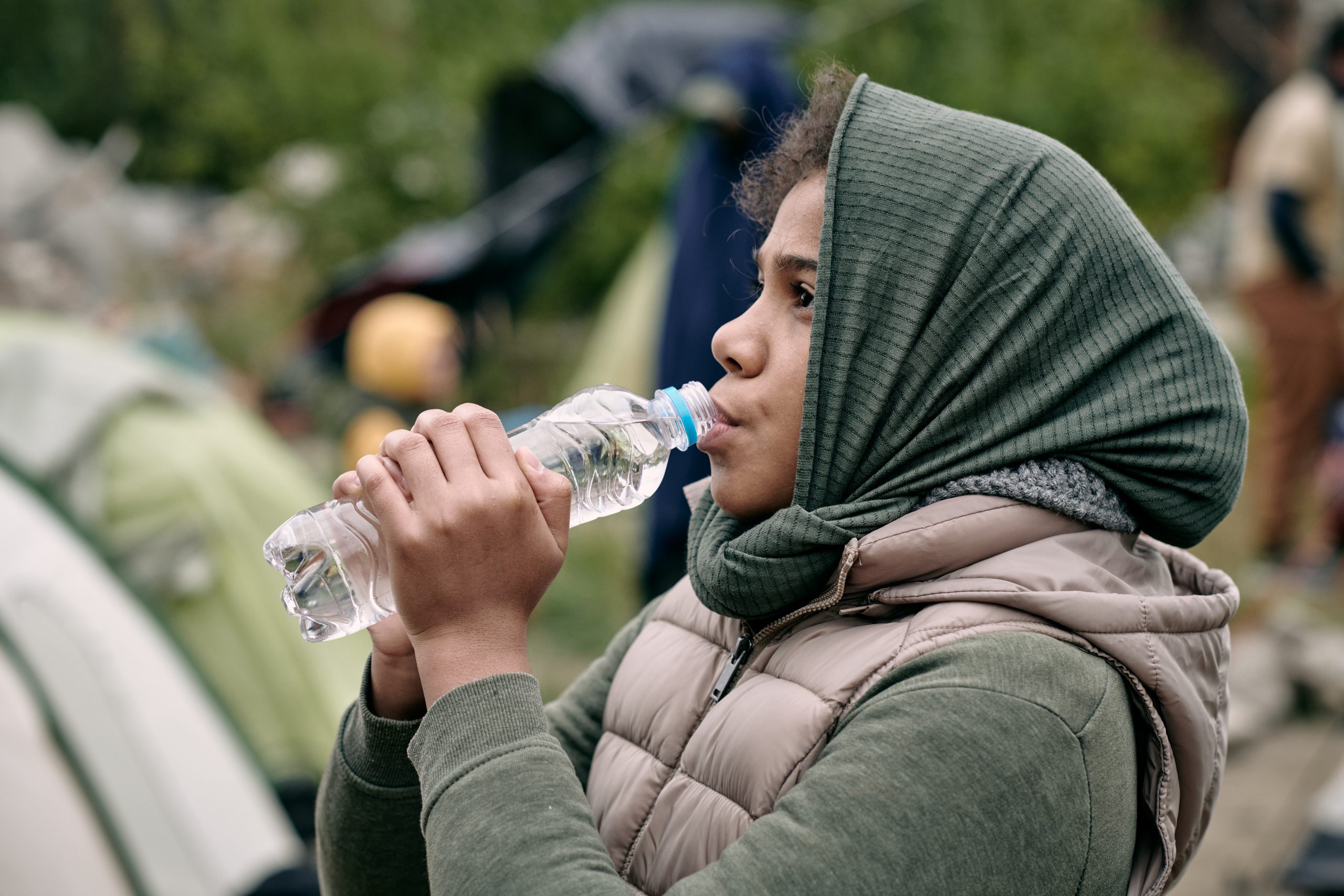
 IMMIGRATION9 months .
IMMIGRATION9 months .AFRICA – Migrant smuggling brings 59 billion CFA francs to smugglers per year
-
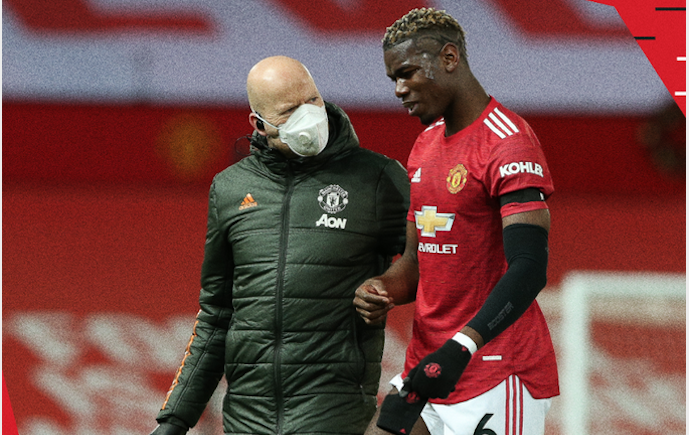
 A LA UNE3 years .
A LA UNE3 years .GUINÉE: Manchester United: Paul Pogba absent several weeks



